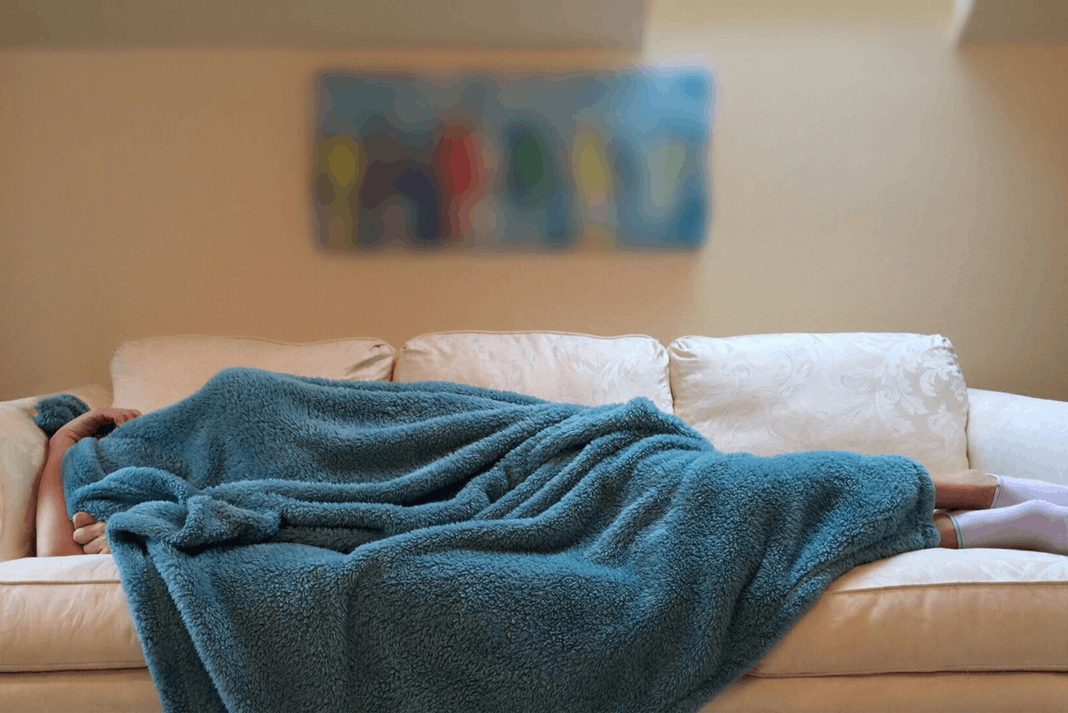Sleep is a crucial part of our natural life cycle. When you lose sleep you no longer have the necessary drive to engage in activities. A good night’s sleep is what makes the difference between a good day and a ruined one.
The lack of sleep can be detrimental to our health, happiness, and success.
How the Lack of Sleep Influences Us
It is a myth to believe the fact that humans can adjust to sleeping less. Losing sleep can have negative effects such as:
- Loss of productivity
- Injuries
- Decaying physical health
- Mental disorders
In terms of how sleep deprivation affects physical health, there is a lot to say. Sleep deprivation contributes to the development of conditions such as heart disease and diabetes. It can also lead to a premature death.
Making sure you get a good night’s sleep can make all the difference in the world for your physical well-being.
On top of that, your happiness and soundness of mind also have a lot to gain when you are rested. A lot of studies revealed some interesting links between sleep deprivation and the development of mental disorders.
The Unfortunate Consequences
People working in a variety of fields have shared their personal stories of how insomnia has affected their professional life.
Insomnia makes you unfit to perform a job you once excelled at because it cripples your thoughts. This sabotages not only your physical and mental well-being but also your success.
Recent studies have proved that lack of sleep is also to blame for the onset of various mental health issues.
Sleep deprivation was considered a symptom of some mental disorders in the past. We now know that it can be a cause for them as well. As reported by a study published by Harvard Medical School.
1. Schizophrenia
There is a general medical consensus in the community on how schizophrenia arises. However, there is still much to learn about this mental disorder.
So far, we know that the underlying cause of schizophrenia seems to be genetic. We also think that environment can trigger the onset of the illness.
But there might be more causes for schizophrenia than it was previously thought. Twenty-four hours of sleep deprivation lead to symptoms similar to those of schizophrenia in otherwise healthy subjects. This was concluded in studies from the University of Bonn in collaboration with King’s College London.
2. Anxiety
Lack of sleep is generally perceived as a symptom of anxiety disorders. However, it seems that the relationship between anxiety and lack of sleep is a mutual one.
While sleep deprivation is indeed a symptom of anxiety, it can also be a trigger for it. Such claims can be validated by consulting the website of Anxiety and Depression Association of America.
This means that if you already suffer from insomnia, there is a heightened chance that you develop an anxiety disorder.
If you exhibit any of these symptoms, a good idea would be to consult with a medical specialist. Alternative therapies such as meditation, music and even hypnosis also help you sleep better and relieve your anxiety.
3. Depression
Adults who admitted they were struggling with insomnia were more likely to develop clinical depression later in their lives. This was reported by several studies from Harvard Medical School.
Most of us consider the urge to sleep all the time as a clear sign of depression, not the opposite. So, where do depression and insomnia fit together?
John Folk-William’s own tale of depression has many complex facets. However, he recalls being prescribed pills to help him sleep by a psychiatrist. Other people’s stories might not sound the same. In fact, he himself recalls his mother having long bouts of depression-induced sleep.
Mental health issues manifest themselves in different ways and are triggered by distinct things in each person. In the same way, everyone copes with their depression differently.
For some, a mindful attitude can work wonders, while others need an outlet for their negative feelings. The only constant would be that by coping with your depression, you will also handle your insomnia and vice versa.
Sleeping More Means Better Mental Health
There is still a lot of progress that needs to be made to better understand mental health. But this finding can certainly help a lot of people find the adequate treatment for their disorder.
On top of that, medicine can now prevent a simple case of insomnia from leading to something more severe. What matters most is believing enough in yourself to not let your insomnia ruin your chance at happiness and success. Find the appropriate treatment for you.
Hi, I’m Sophia! Welcome to my blog Try Stress Management (trystressmanagement.com), where I share simple, down-to-earth ways to handle stress and bring more calm into everyday life. Think of me as your friendly guide, offering practical tips, reflections, and little reminders that we’re all figuring this out together.
When I’m not blogging, you’ll usually find me with a good book, sipping tea, or exploring new walking trails. I believe small changes can make a big difference—and that a calmer, happier life is possible for everyone.

Please I need help and assistance in managing my insomnia. Or probably solving it completely.
Dear Wale,
We would very much like to help you. Please contact us [email protected] and we will guide you to resources.